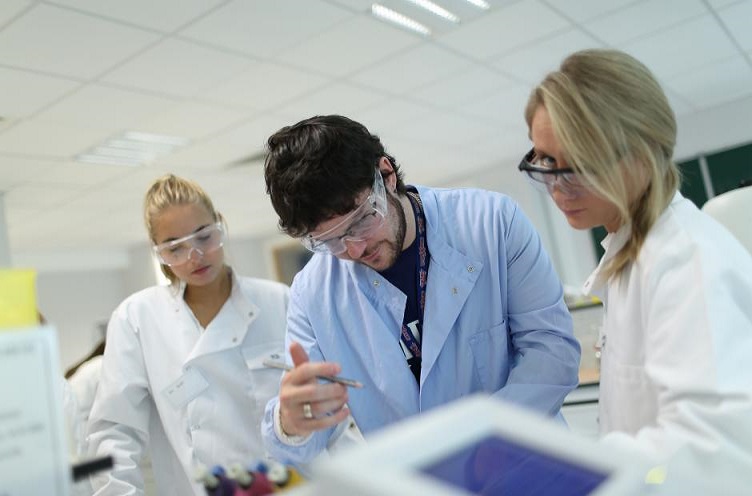European Social Dialogue in Education: Working Group on Higher Education and Research discusses the promotion of gender equality and mobility
Published:
On 31 March 2017, higher education and research experts of the European Sectoral Social Dialogue in Education (ESSDE) met in Brussels at the occasion of the annual Working Group Meeting focusing on Higher Education and Research. During this meeting, representatives from member organisations of ETUCE and EFEE were brought together to discuss current shortcomings but also examples of best practice in the fostering of mobility and gender equality in Higher Education. Social partners were joined by European Commission representatives who provided European-wide data and gave insight into European Commission’s initiatives aiming at addressing the gender gap and enabling geographical and employment mobility. The Working Group Meeting fruitfully discussed on both of these topics.
In a context were female academics are widely underrepresented in most fields, and struggle to access leadership positions within their research institutions and universities, the reasons and possible solutions to eliminate barriers to access and advancement for women in Higher Education and Research were debated. Education social partners agreed on the dire need to adequately address the issue of the glass ceiling preventing female researchers and professors to enjoy access to equal opportunities. Mobility in Higher Education and Research was recognised as a chance to foster international cooperation, as well as career progression. Working Group participants agreed that mobility should be an available career choice for all willing academics. The general positive impacts of mobility are however impaired by legal and administrative barriers to settling in a new country, such as the lack of coordination in social security.
On both issues, examples of best practice revealed the highly positive impact of involving social partners in national and European initiatives. Education trade unions and employers’ organisations bear the concerns and voices of individuals and are faced to the day-to-day shortcomings of gender equality and mobility in Higher Education and Research. As such, they provide an essential insight into these topics and intend to play a key role in tackling these issues at the national and European levels.